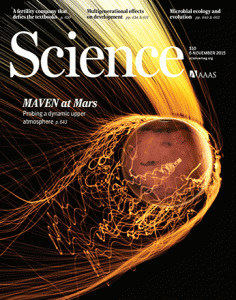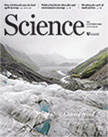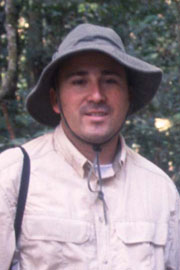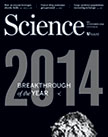 Grant reviewers at the U.S. National Institutes of Health are doing a pretty good job of spotting the best proposals and ranking them appropriately, according to a new study in Science out today.
Grant reviewers at the U.S. National Institutes of Health are doing a pretty good job of spotting the best proposals and ranking them appropriately, according to a new study in Science out today.
Danielle Li at Harvard and Leila Agha at Boston University found that grant proposals that earn good scores lead to research that is more cited, more published, and published in high-impact journals. These findings were upheld even when they controlled for notoriously confounding factors, such as the applicant’s institutional quality, gender, history of funding and experience, and field.
Taking all those factors into consideration, grant scores that were 1 standard deviation lower (10.17 points, in the analysis) led to research that earned 15% fewer citations and 7% fewer papers, along with 19% fewer papers in top journals.
Li tells Retraction Watch that, while some scientists may not be surprised by these findings, previous research has suggested there isn’t much of a correlation between grant scores and outcomes:
Continue reading Does peer review ferret out the best science? New study tries to answer
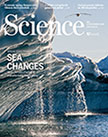 Did you recently log onto your favorite journal’s website and see this? (For anyone who doesn’t want to bother clicking, it’s the video from Rick Astley’s “Never Gonna Give You Up.”) If so, your favorite journal was hijacked.
Did you recently log onto your favorite journal’s website and see this? (For anyone who doesn’t want to bother clicking, it’s the video from Rick Astley’s “Never Gonna Give You Up.”) If so, your favorite journal was hijacked.